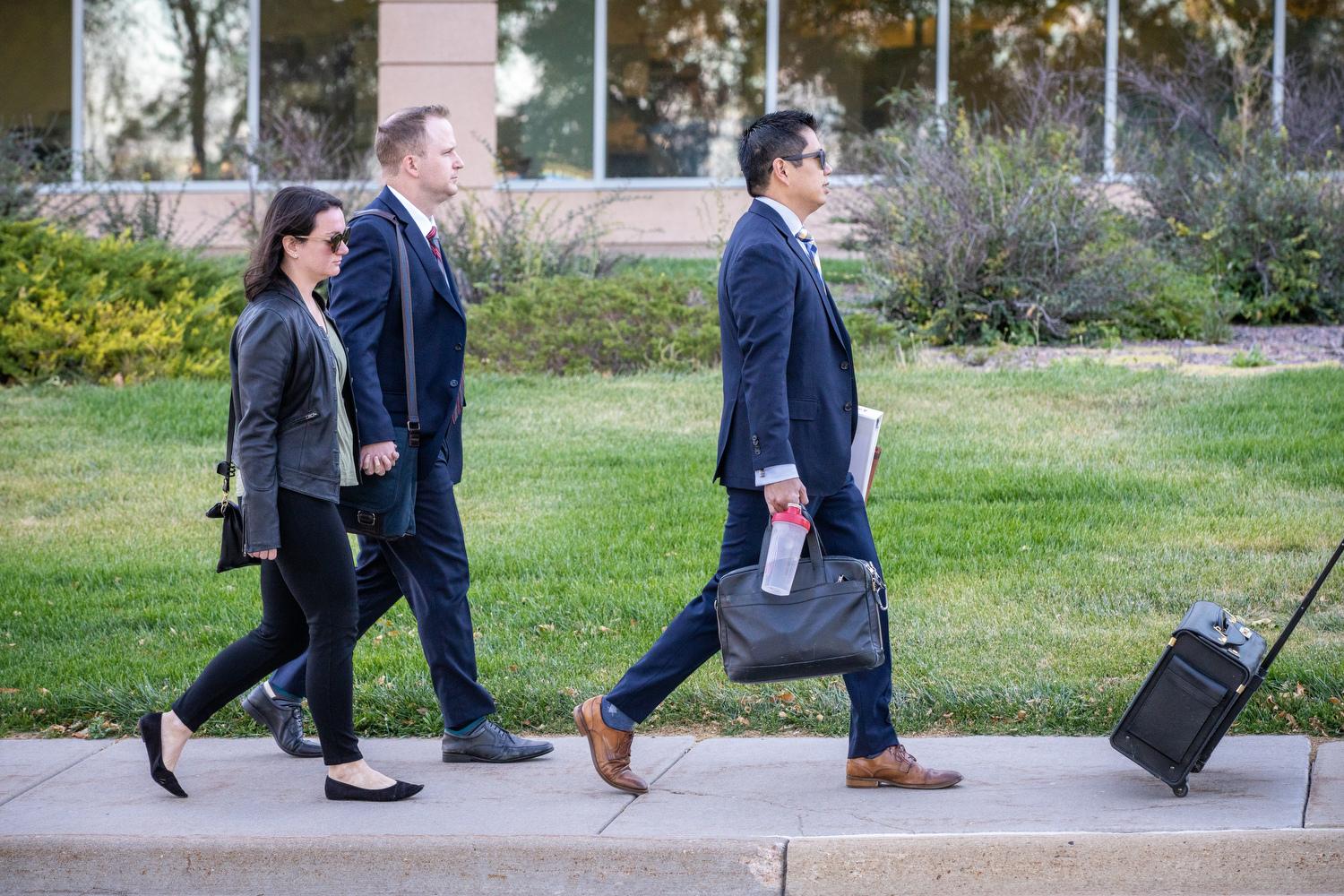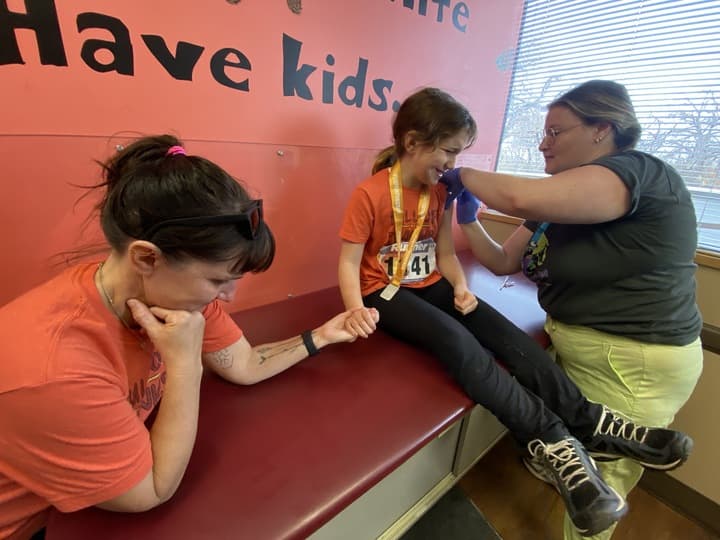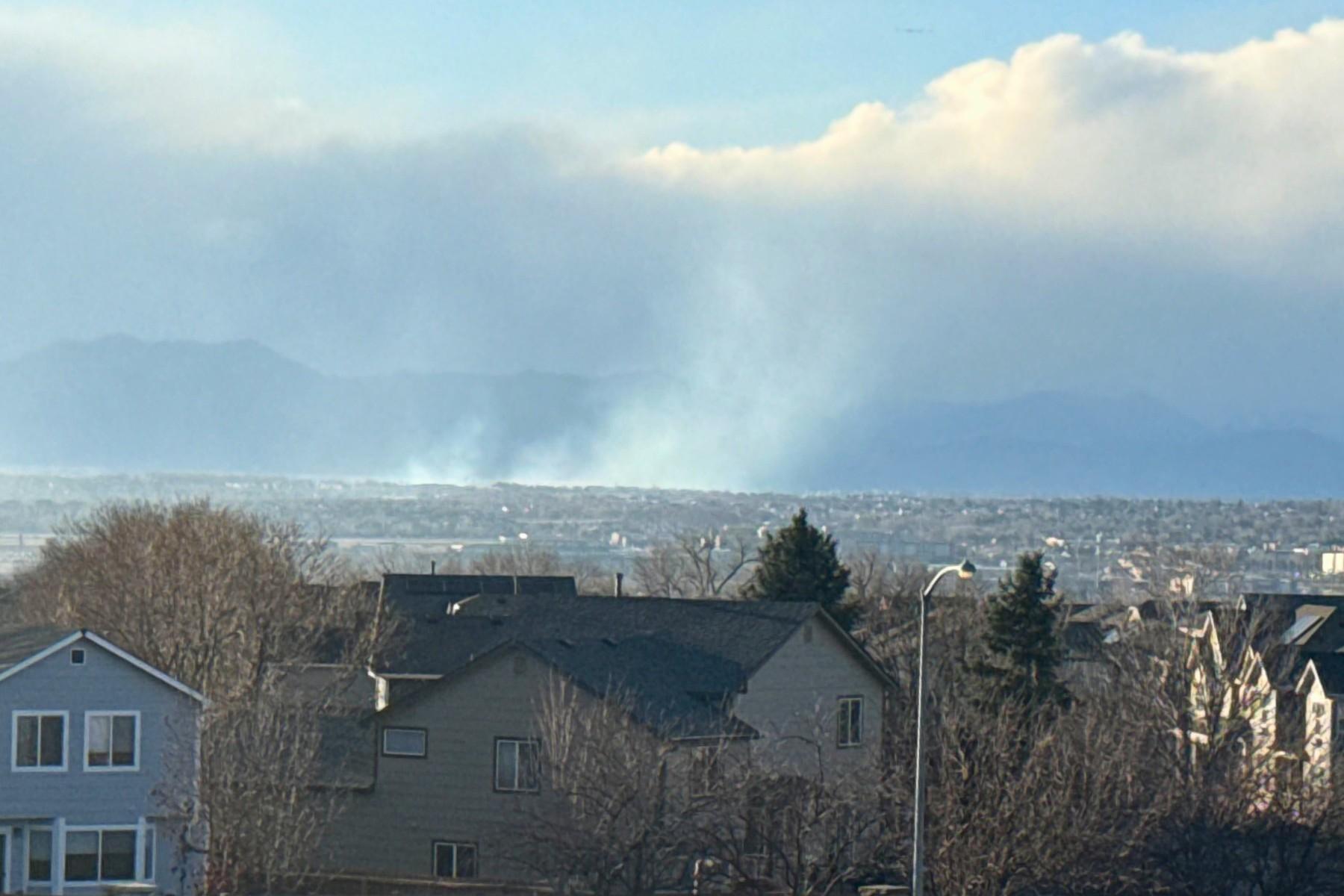
State prosecutors on Tuesday said that Aurora police officer Nathan Woodyard didn’t follow his training the night he detained Elijah McClain, and those missteps were a form of recklessness that ultimately led to the 23 year old’s untimely death.
Tuesday marked the start of a second trial of a police officer accused of contributing to the death of McClain, a Black, unarmed and innocent man who was walking home from a convenience store when police stopped him and paramedics then gave him ketamine. He died a few days later in a hospital.
This trial is for Woodyard, 34, who was the first officer on the scene, and is charged with manslaughter and criminally negligent homicide. It will likely focus on the carotid hold Woodyard gave to McClain within a few minutes of stopping him on an Aurora street Aug. 24, 2019, and whether that maneuver ultimately contributed to McClain’s death.
The carotid hold, which was an approved use of force at the time at the Aurora Police Department but is now banned in Colorado, cuts off blood flow to a person’s brain and can cause them to pass out or become sleepy. It can also induce vomiting.
“He's not following his training. He's not checking vitals. He's not kneeling down and trying to talk to Elijah McClain. He is too preoccupied,” Ann Joyce, a prosecutor with the Attorney General's office, told Adams County jurors on Tuesday during opening arguments for the case. She played clips of body-worn camera footage to the jury.
Joyce also noted Woodyard could be “CYA” in that moment — a euphemism meaning he was trying to protect himself.
“He's still looking at the ground, still not paying attention, indifferent to what is going on with Elijah McClain, indifferent to what is going on with his health,” Joyce said.
Witnesses testified in the previous trial that McClain inhaled a potentially lethal amount of vomit because he had a mask on after he was put in a carotid hold and told officers repeatedly that he could not breathe. The cause of death on McClain’s autopsy is “complications from ketamine after forcible restraint.”
But Woodyard’s attorney Megan Downing told jurors that Woodyard was “woven into the tragedy of this case,” and that Woodyard didn’t kill McClain, the large dose of ketamine for McClain’s 140-pound bodyweight did.
Woodyard wasn’t anywhere near where paramedics injected him with ketamine, she said.
“The only killer in this case is ketamine,” Downing said to a jury pool dominated by women.
A trial for two officers on the scene with Woodyard, Randy Roedema and Jason Rosenblatt, wrapped up last week. Another jury convicted Roedema of criminally negligent homicide and assault, and acquitted Rosenblatt in McClain’s death. Roedema will be sentenced early next year. The paramedics who administered the ketamine face a joint trial next month.
Woodyard’s attorney told the jury that McClain “mattered and he should still be here … that is not in dispute.”
But she also told them that Woodyard didn’t choose to stop McClain, he was dispatched there and was following orders. Downing also noted that Woodyard applied the carotid hold, which was an approved technique.
“The Aurora Police Department trained him to do in an instance like this so that no one would get hurt or killed and it worked because after he releases it, he does it perfectly appropriately as every expert will tell you,” she said. “It's not a case about whether mistakes were made or something could have been done differently. It's a case about whether this person caused another person to die and he simply did not.”
Downing also noted that Woodyard was ordered off the scene once supervisors arrived and he had no contact with McClain after the first few minutes, when McClain was still talking before body camera footage shows him struggling to breathe and talk to officers.
“His level of consciousness following the hold is undisputed,” Downing said. “It did not affect his breathing or his oxygen levels. And no matter how many theories they posit, the evidence in this case is that it was not the carotid hold that killed Mr. McClain.”
Prosecutors said Woodyard should have been paying closer attention to McClain’s vital signs after performing such a dangerous use of force on his neck and that the officers should have heeded McClain’s pleas that he couldn’t breathe.
Prosecutor Joyce gave the jury APD’s force policies that call for officers to check people out and provide first aid after performing a carotid hold on someone. Those instructions also call for avoiding applying a carotid hold “repeatedly” on the same person.
McClain sustained two that night, one from Rosenblatt and one from Woodyard. The hold from Rosenblatt did not cause McClain to lose consciousness, while the hold from Woodyard did.
State Judge Mark Warner said on Tuesday he expects the trial to last two to three weeks. Testimony continues Wednesday.









